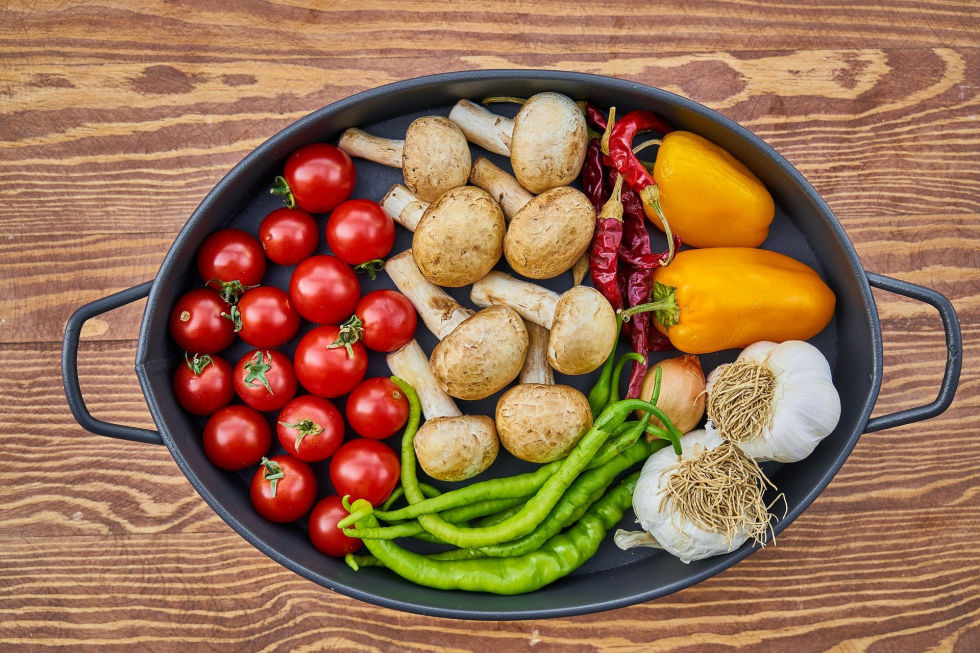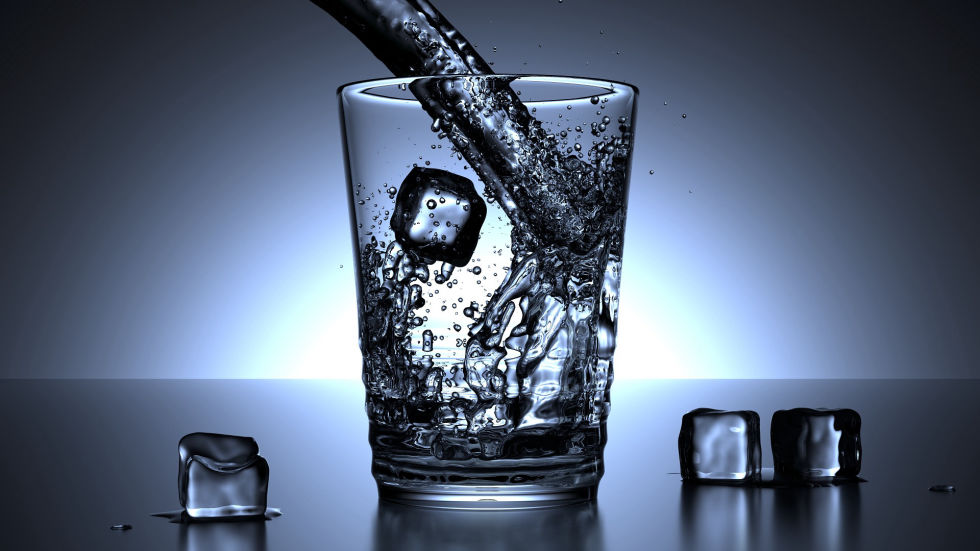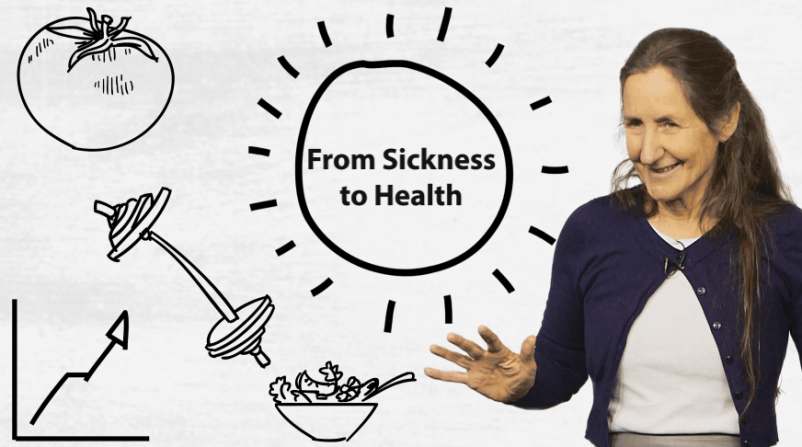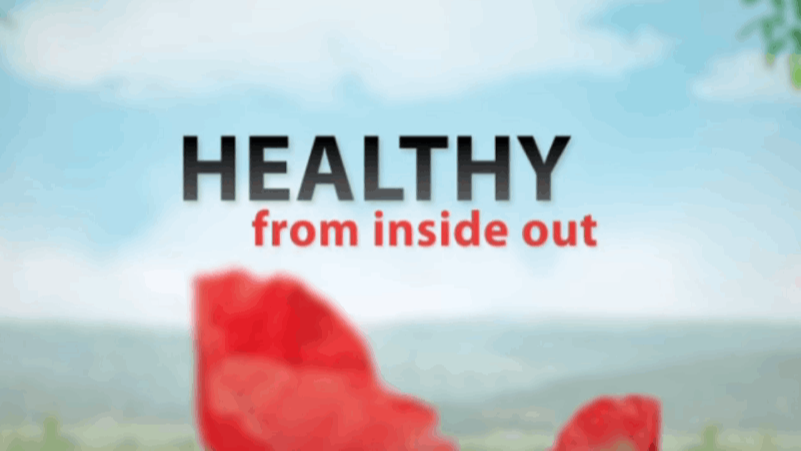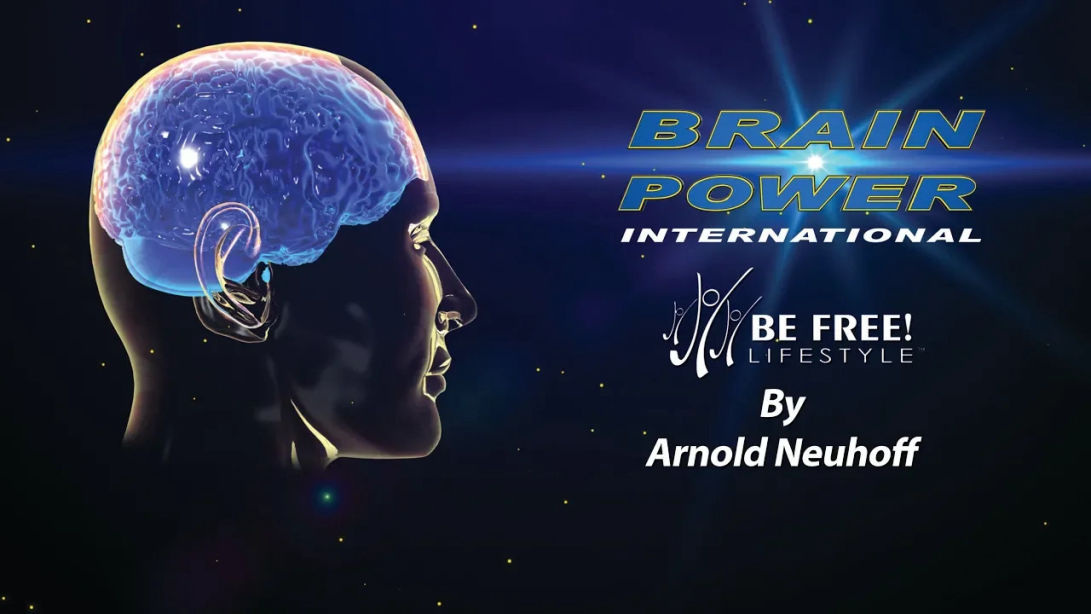Rest
It is impossible to grow either physically or intellectually without rest. Work is an energy expending process. Rest following work is a building up and growing process. In these days of speed we seek concentrated excitement, concentrated activity, and concentrated business. We are constantly trying to beat time—to do more work in less time. This may make for worldly gain but it surely does not make for growth. Instead it tends to dwarf us, sapping our power.
Wikimedia Commons
During the day, the chief work of the body is done, but during the night, the body is revived, the muscles are built up, the brain tissue is restored, and the nerves are recharged. For growth and health, a sufficient amount of leisure and rest is essential.
When the body is deprived of sleep, it is unable to rebuild and recharge itself adequately. There is an increase in irritability, while creativity, concentration, and efficiency suffer.
Sleep deprivation impairs judgment, causing values and priorities to change. Continued loss of sleep can result in exhaustion, depression, delusions, paranoia, and hallucinations. Losing as little three hours of sleep in a single night can cut the effectiveness of your immune system in half.
